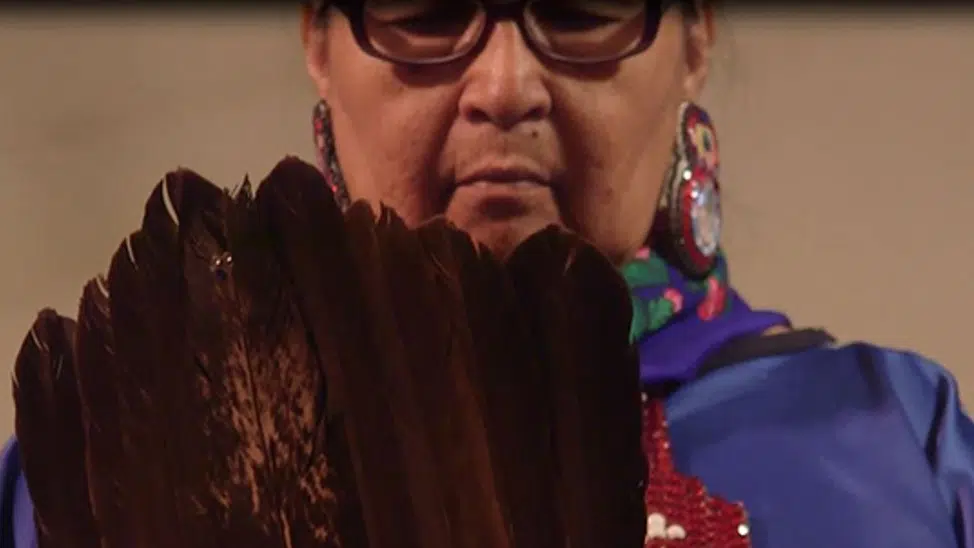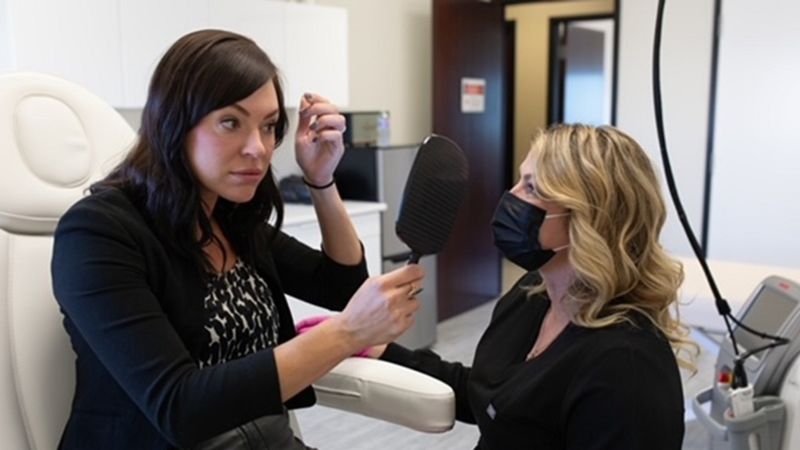
Locally shot HIV/AIDS documentary up for Los Angeles award
A locally-shot documentary that highlights the use of Indigenous practices alongside western medicine in the treatment and management of HIV/AIDS has been nominated for an award.
The film has been nominated for Best Short Documentary and will be shown as part of this weekend’s LA Skins Film Fest in Los Angeles. The festival highlights Native North American moviemaking talent.
Merv Thomas directed the 21-minute film Promising Practices in Indigenous Communities in Saskatchewan. It was commissioned by the Canadian Aboriginal Aids Network (CAAN), and he’s proud of his involvement.
“I’m really honoured to have worked with all the communities that are in the documentary, especially those living with HIV and who were prepared to share their stories,” Thomas said.


